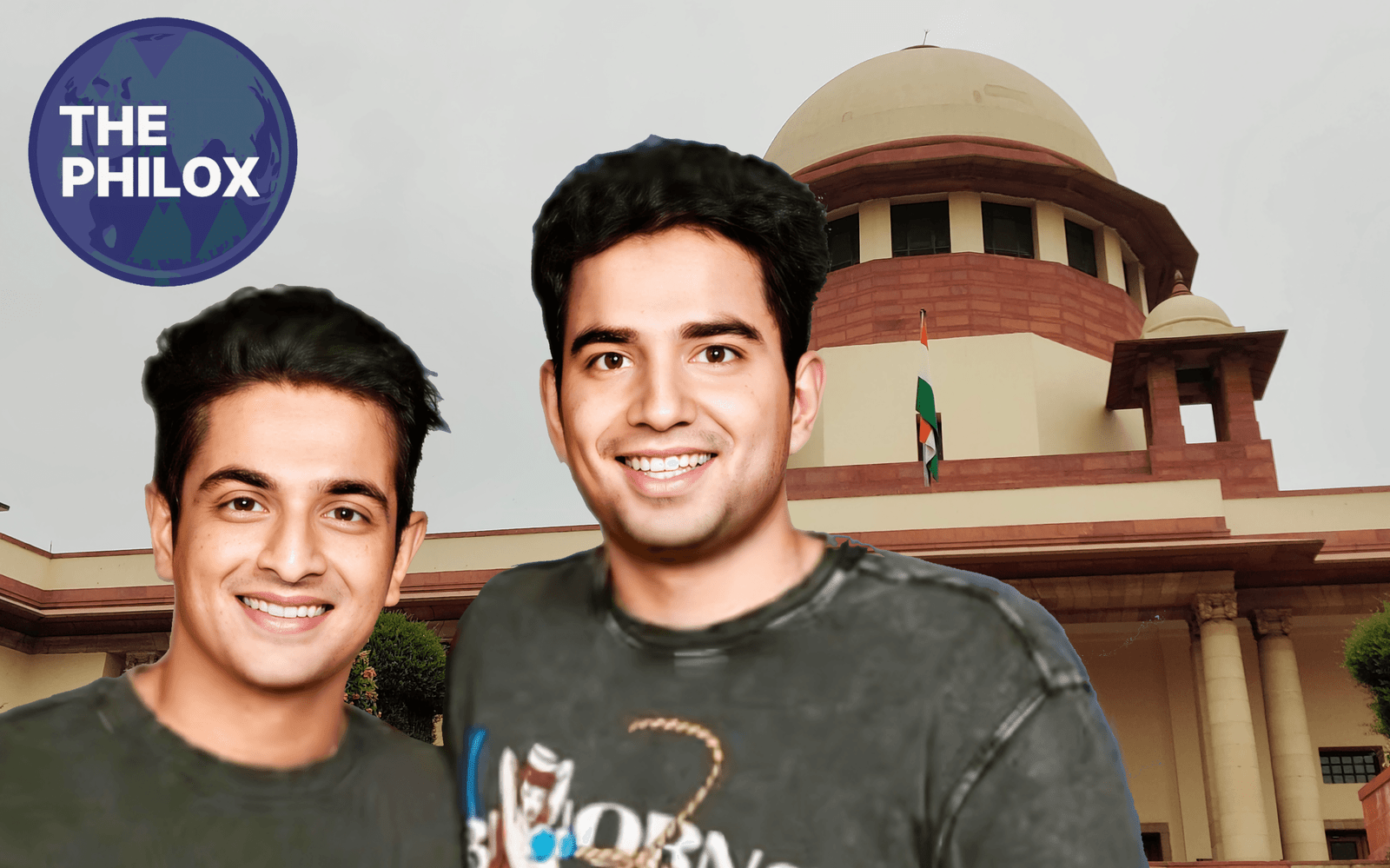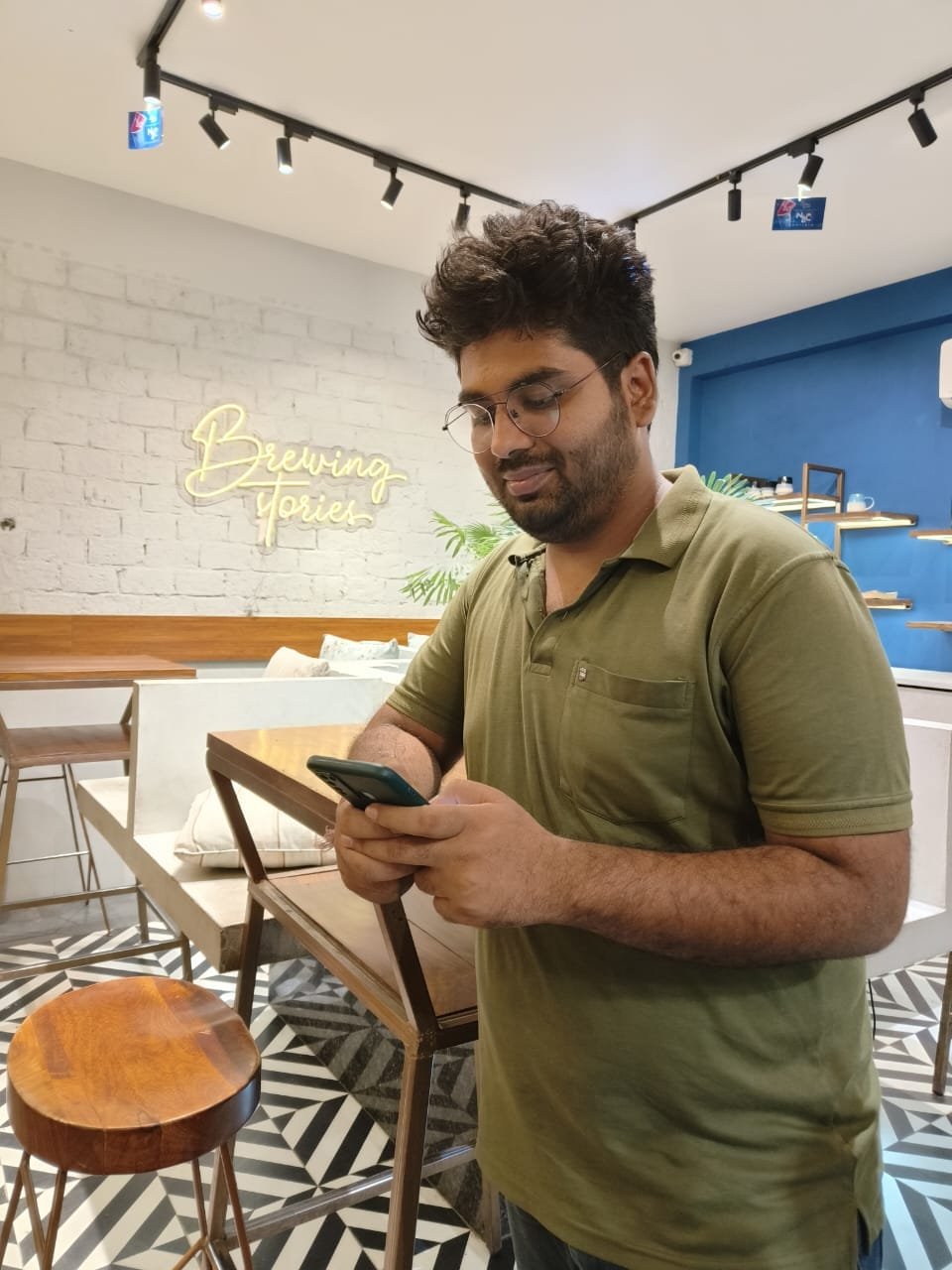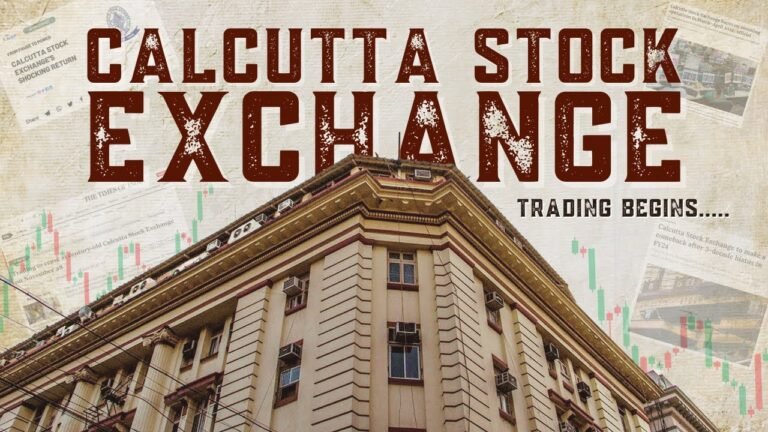
India’s Supreme Court strongly warned comedian Samay Raina and YouTuber Ranveer Allahbadia over remarks made on the show India’s Got Latent on March 3, 2025. The court deemed their material offensive and disgusting.
The decision was quick and severe; judges freely denounced the comedy and advised that such behavior was inappropriate.
On far more important issues, the same Supreme Court has often stayed quiet, though. Politicians of the BJP have made nasty remarks directed against Muslims free from legal action.
Explicit stuff like Gandi Baat keeps coming from streaming sites like Alt Balaji without any censoring. Self-styled godmen have openly mistreated social icons like IIT Baba, however the court has not intervened.
On national television, even ministers have denigrated communities without answer from courts.
This article emphasizes the Supreme Court’s selective approach in acting against comedians while neglecting significant incidents of hate speech, abuse, and explicit content.
The Harsh View Against Comedy of the Supreme Court
The Supreme Court responded to India’s Got Latent with shockingly harshness. The court not only attacked the program but also branded its designers as having “perverted minds.” This followed a joke Samay Raina and Ranveer Allahbadia cracked.
The court responded quickly and publicly, drawing a lot of media coverage.
This begs a significant issue, though: why does the court act swiftly on comedians but neglecting to punish more harmful and hazardous behavior?
Should a joke offend someone, should hate speech, abuse, and instigation of violence be handled significantly more severely?
Hate Speech Getaway for BJP Ministers and MPs
While Samay Raina was brutally punished by the Supreme Court, it has regularly overlooked hate speech from influential politicians.
1. BJP MP Ramesh Bidhiri: openly used slights against Muslim MP Danish Ali in Parliament in September 2023 Although this startling show of group hate was shown live,
he was not subject to judicial prosecution. Though widespread indignation, the Supreme Court never intervened.
2. Targeting Muslims in front of a large gathering: BJP leader Vikram Pawaskar delivered an explosive hate speech in January 2023.
Though he used divisive rhetoric and outright threats in the address, no court called for him nor detained him.
3. Insult to a group: Speaking on national television, a Union Minister denigrated a whole group, attributing blame for social problems.
The Supreme Court never responded despite requests for legal action and demonstrations.
These events expose a serious problem: the court ignores divisive, nasty remarks made by influential politicians. But the court moves quickly when a comic cracks a joke.
Explicit Content of Alt Balaji Goes Unchecked
The Supreme Court’s method also shows a great inconsistency in its selective censorship. Explicit content abound in shows like Gandi Baat, broadcast on Alt Balaji, involving scenes almost certainly pornographic. These shows are openly available without any major control even to children.
Should public decency concern the Supreme Court, why does it not intervene against streaming sites supporting explicit content?
Why are comedians singled out for their jokes while fully developed sexual content is disregarded?
This discrepancy reveals a prejudice in the way moral standards are applied by the court.
Self-styled godmen mistreating public figures
On live media, self-styled godmen publically mistreated well-known famous personager in 2024, IIT Baba.
These people leveled insults, made false accusations, and even made threats. Still, there was no legal action directed against them.
This begs still another issue: why does the Supreme Court overlook safeguarding of those who are actually abused?
Should a jest call for legal investigation, then direct public slander and abuse should be handled far more severely.
Social Media: Home for Abuse and Hate
In India, social media channels have becoming hubs for threats, hate speech, and abuse. Thousands of people—including reporters, activists, and regular citizens—face online abuse every day.
While religious minority deal with communal hostility, women are frequently targets of sexual threats.
Still, the Supreme Court has done nothing to control internet misuse. Strong legal systems to stop hate speech on social media have not been established by it.
Rather, it decides to concentrate on entertainers and comic books.
This selective approach begs questions regarding the real serving of justice.
The selective approach of the court regarding freedom of expression
Although the Indian Constitution gives everyone the freedom to free expression, individuals in authority have sometimes abused this privilege while restricting comedians and artists.
- Politicians freely encourage group hate, yet they get no consequences.
- Explicit material shown on streaming channels is unrestricted.
- Self-styled godmen denigrate and offend others free from legal repercussions.
- On social media, hate speech and online abuse find perfect home.
Still, comedians like as Samay Raina and Ranveer Allahbadia are singled out for their gags. This reveals a major issue: unequal application of the law is happening.
The Requirement for Equable Justice
Laws enforced equitably to all people regardless of class or job helps a democracy flourish. The Supreme Court has to cease focusing on comedians and performers while neglecting more grave crimes.
Should public decency alarm the court, it has to intervene against explicit material available on streaming media.
It has to make politicians answerable for hate speech if it is to stop offending. It has to control internet abuse and punish those who defame and humiliate others in public if it is to guarantee justice.
The selected acts of the court until then will keep casting doubt on its equity and dedication to justice.
In summary
Ignoring hate speech, graphic content, and public abuse, the Supreme Court’s tough posture against comedians like Samay Raina and Ranveer Allahbadia reveals a concerning double standard.
If one can punish a joke, why not political hate speech?
If one can ban comedy, why not explicit streaming materials?
Why not those who mistreat others on live TV if comedians may be called before courts?
The Indian court has to solve these discrepancies and guarantee that justice is really equitable for every one. The Supreme Court’s acts will remain viewed as selective and biassed till then.
Stay Connected and Share Your Stories
For all those inspired by stories of resilience and ambition, follow us on X/Twitter and on Instagram . For those with untold stories that you would love to share, please send them to contact@thephilox.com








